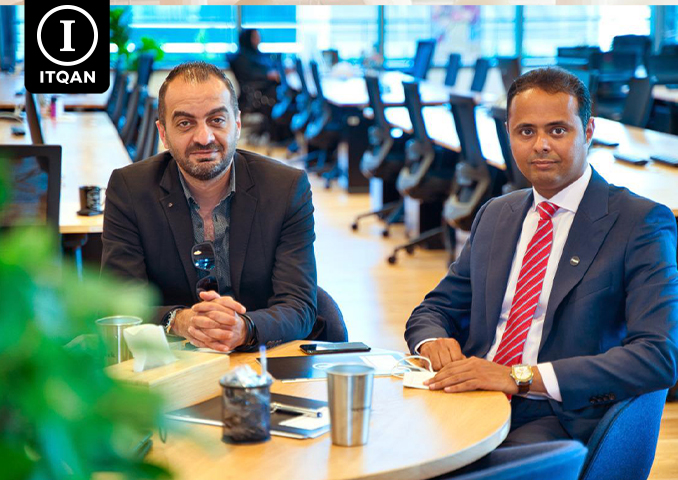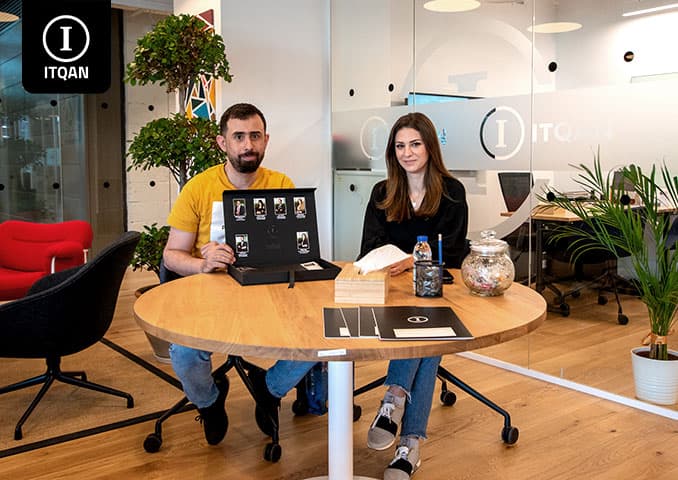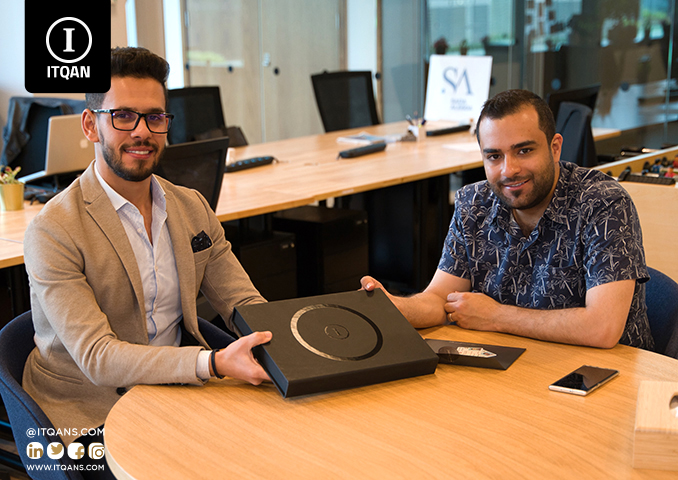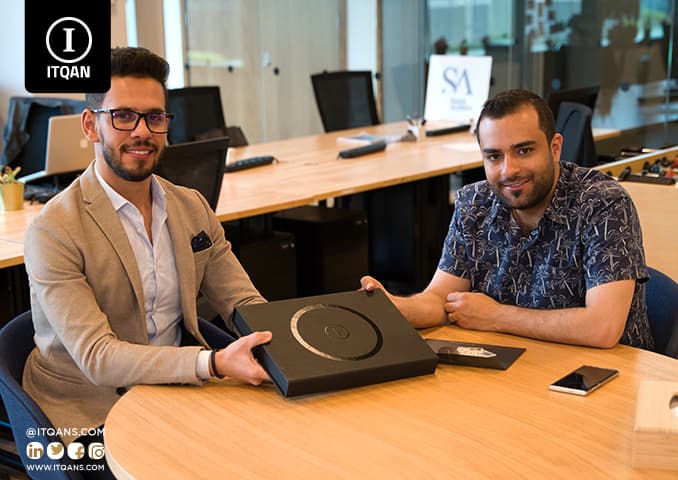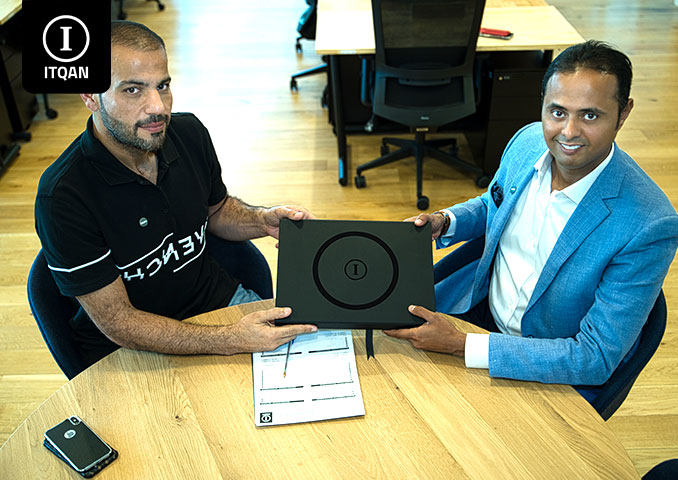In Dubai, investors have multiple options for setting up businesses in Dubai , allowing them to achieve their business goals in diverse ways according to their needs and strategies. The types of companies in Dubai range from sole proprietorships, partnerships, and joint stock companies, allowing the legal structure of the company to be tailored to the requirements of the chosen business activity and the specific financial strategy. Each type features a set of benefits and challenges, such as administrative simplification and financial responsibility, which helps investors make an informed decision before starting a business. Establishing any type of company in Dubai requires compliance with local laws and legislation, ensuring a stable and encouraging legal environment for business.
 Types of companies in Dubai
Types of companies in Dubai
جدول المحتوى
ToggleHow to establish companies in Dubai
To establish a company in Dubai , it requires following several basic steps:
- Choosing the type of company: Decide on the type of company you want to establish, such as a sole proprietorship, a joint-stock company, a limited liability company (LLC), or another company that suits your business activity.
- Choosing a company name and ensuring its availability: Check the availability of the company name and ensure that it complies with local legal regulations.
- Determine location and head office: Choose a location for the company and ensure there is a head office that meets the requirements of the business.
- Submit necessary documents: Documents may include shareholder passports, certificates of incorporation or company contracts, business plan, building permits or office lease contracts.
- Obtaining government approvals: You may need to obtain approvals and licenses for your business from local authorities.
- Pay the necessary fees: Pay the fees required to register the company and obtain a commercial license.
- Obtaining a commercial license: After fulfilling all conditions and procedures, you can obtain a commercial license that allows you to practice commercial activity in Dubai.
Types of companies in Dubai
In Dubai, there are several types of companies that investors can choose according to their business needs and strategies. These types include:
- Sole proprietorship: One individual can be the sole owner and responsible for all aspects of the business.
- Joint stock company: It consists of shareholders who own shares in the company, and profits and losses are distributed according to their shares.
- Limited Liability Joint Stock Company: This type of company allows shareholders to limit their liabilities to the registered capital value only.
- Private Limited Company (LLC): LLC is one of the most common types of companies in Dubai, where a limited number of partners (2-50 partners) can establish and manage the company while providing legal protection.
- Company operating in the free zone: These companies operate within the designated free zones in the emirate, which provides them with benefits such as not imposing customs duties and easy access to the local and global market.
- Foreign companies: Dubai provides foreign companies with the opportunity to establish and operate branches in the city, which contributes to enhancing international trade and foreign investments.
The cost of establishing companies in Dubai
Company formation costs in Dubai vary based on the type of company and business requirements. Here are some key points to take into consideration:
- Registration fees: Registration fees in Dubai vary depending on the type of company, such as sole proprietorship, joint stock company, or limited liability company (LLC).
- Costs of legal and consulting services: You may need the services of a lawyer or legal consultant to assist you in preparing the necessary documents and assisting with the registration processes.
- License and permit fees: You may need to pay additional fees to obtain certain licenses related to your business, such as building permits or industrial licenses.
- Head Office Costs: If you need a head office, rent or lease purchase will likely be paid.
- Taxes and other government fees: Some businesses may require the payment of annual or periodic government taxes and fees.
Additional licenses you may need for your business in Dubai
In Dubai, your company may need the following additional licenses, depending on the type of business activity you undertake:
- Building and construction licenses: If your company works in the building or construction field, you may need a license from Dubai Municipality to start construction projects.
- Health and environmental licenses: For some activities, such as restaurants, medical laboratories, and factories, you may need special health licenses from the Dubai Health Authority.
- Industrial and manufacturing licenses: If your company works in the field of manufacturing or industrial production, you will need special licenses from the Department of Economic Development or the competent authorities.
- Professional Services Licenses: Such as law, medicine, engineering, and accounting licenses, licenses from recognized professional bodies are required.
- E-commerce licenses: If your company works in the field of e-commerce and online marketing, you may need special licenses from the Department of Economic Development or the Telecommunications Regulatory Authority in Dubai.
- Tourism and Hospitality Licenses: If your company operates in the hotel, tourism, and travel industry, you will need special licenses from the Dubai Tourism and Commerce Marketing Authority.
Tax concessions for companies in Dubai
In Dubai, companies enjoy several tax advantages that make it an attractive destination for international business and investment. Here are some key tax benefits:
- Not imposing income tax on companies: Dubai is part of the United Arab Emirates that does not impose income tax on most companies. This includes local and international companies, with the exception of some private sectors such as oil and gas.
- Not imposing value-added tax (VAT) on some sectors: Although value-added tax is imposed in the UAE, there are some sectors such as health, education, housing, and public utilities that are subject to tax exemptions.
- No taxes on capital or profits: In addition to not imposing income tax, Dubai does not impose taxes on capital or profits made from business operations.
- International Tax Agreements: The UAE has signed tax agreements with a number of countries around the world, which helps reduce double taxation and enhance tax stability for international companies.
- Rapid recovery of investments: Dubai provides advanced infrastructure and an encouraging economic environment, which contributes to the rapid recovery of investments and businesses, especially in leading sectors such as tourism, retail, and financial services.
The most common and available business licenses in Dubai
In Dubai, there are several types of business licenses available, the most common include:
- General Trading License: This license allows companies to engage in multiple general commercial activities, including importing and exporting a wide range of products.
- Professional License: This license allows an individual to practice a specific profession, such as medicine, engineering, accounting, legal consulting, and other technical professions.
- Limited Commercial Trade License: This license allows companies to engage in specific commercial activities based on the company’s activity and the products or services it provides.
- Free Zone License: This license allows companies to operate in specific free zones within Dubai, with benefits such as not imposing customs duties and facilitating tax policies.
- Branch of Foreign Company License: This license allows foreign companies to open a branch in Dubai to practice commercial activities.
- Small and Medium Enterprises License (SME License): This license allows small and medium enterprises to obtain support and special facilities to develop and grow their businesses.
At the conclusion of this article, we find that the diversity of types of companies in Dubai reflects the economic diversity that the emirate enjoys, as it provides multiple options that suit the needs of investors and companies from all over the world. These types include sole proprietorships, joint-stock companies, industrial and commercial companies, as well as small and medium-sized companies and large international companies. The right choice among these types allows investors to achieve their business goals efficiently and effectively, benefiting from an encouraging legal and regulatory environment and developed infrastructural resources. Thanks to this diversity and strong government support, Dubai remains a preferred destination for business and investment globally, strengthening its position as a major hub for international business.
The most important frequently asked questions about companies in Dubai
What are the conditions and restrictions on foreign investment in Dubai?
Foreign investors can invest freely in most sectors, with exceptions in some sensitive sectors that require local partnership.
What are the differences between legislation related to companies in the free zones and the main areas in Dubai?
The conditions and requirements for establishing companies in free zones differ from the conditions in the main regions, with differences in fees and tax concessions.
What additional services can consulting companies in Dubai provide?
Additional services include business consulting, assistance with filing documentation, preparation of business plans, and legal and accounting support.
What are the steps to transform the type of company or expand its activity in Dubai?
Companies can change their type or expand their activity after a period of incorporation, while adhering to legal procedures and obtaining the necessary approvals from the relevant authorities.
What are the main investment opportunities in Dubai?
Key investment opportunities include sectors such as tourism and retail, technology and innovation, real estate, financial services, and logistics, in addition to opportunities available in free zones.


